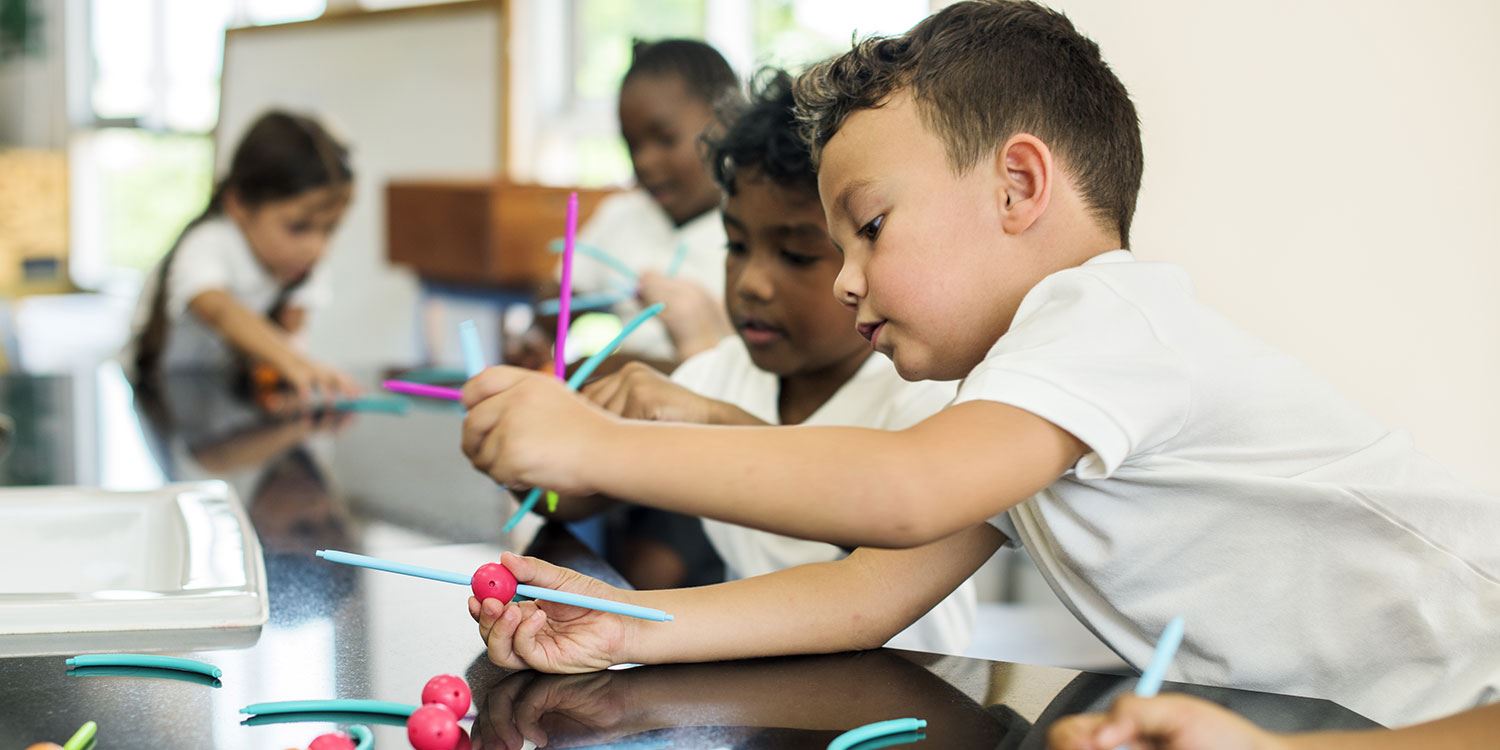
“When Should Kids Start School?” is perhaps one of the most debated questions in the world of education today. Compulsory school-starting ages vary significantly around the world and range from 3 to 7 years of age, with 6 years of age being the most widely adopted for the beginning of Primary School. “Early Childhood Education” is a term that refers to any learning or education that is offered to children before they enter Primary School (Grade 1). In schooling systems around the world, it is also referred to as Kindergarten (KG), Pre-K, Preschool, or Nursery.
Early Childhood Education is, in some countries, optional. Traditionally, kindergartens and preschools mostly provided child-minding services rather than any significant learning or “education”. Consequently, parents who did not need to rely on such services opted to keep their children at home. However, at the beginning of the 1980s, interest in Early Childhood Education (ECE) emerged from research on children’s early development showing that their experiences in the early years are critical for later academic achievements and overall well-being. Today, there is strong and consistent evidence that a high-quality Early Childhood Education impacts children’s academic development and their emotional and social well-being more powerfully than any other phase of education.
High-Quality Early Childhood Education
Before assessing and understanding what a “high-quality early childhood education” is, it is important to first understand early childhood development.
Children grow rapidly in the first 5 years of their lives in four areas of development: physical; language and communication; cognitive skills; and social (emotional) skills.
Physical development is an important area of child development that includes children's physical growth, as well as their increasing ability to control the muscles of their bodies. These are often referred to as gross and fine motor skills. A well-designed early childhood educational program should include activities that enhance these skills.
Additionally, being able to speak clearly and process speech sounds, to understand others, to express ideas and interact with others are fundamental building blocks for a child's development. Research suggests that good communication, language, and literacy at a young age have the highest correlation with outcomes at school.
Cognitive skills refer to how children think, explore, and figure things out. It is the development of knowledge, skills, and problem-solving which help children understand the world around them.
Emotional/social development in young children is equally important. Children’s relationships with adults and teachers as well as their friendships with their peers provide a powerful context within which they develop social skills and understandings.
A high-quality Early Childhood Education (KG) program should support this physical, emotional, social, and cognitive development. It should offer indoor and outdoor spaces, teaching materials, and equipment for children to play as well as qualified staff who provide the positive interactions, attention, and guidance to children in their care. Additionally, the curriculum is a key determinant of a high-quality ECE program and needs to be carefully designed to ensure that children are actually learning. Otherwise, it is a complete waste of money. That is why it is important for parents to always ask: “What will my child learn?” and “How will my child learn?”
If you would like to find out about the SABIS® Early Childhood Education (or KG) program, and all the precautionary measures we are taking to keep your child safe during the COVID-19 pandemic, please contact your local SABIS® school. Our staff will answer all your questions and will also tell you more about the creative ways we are keeping our youngest online learners engaged!